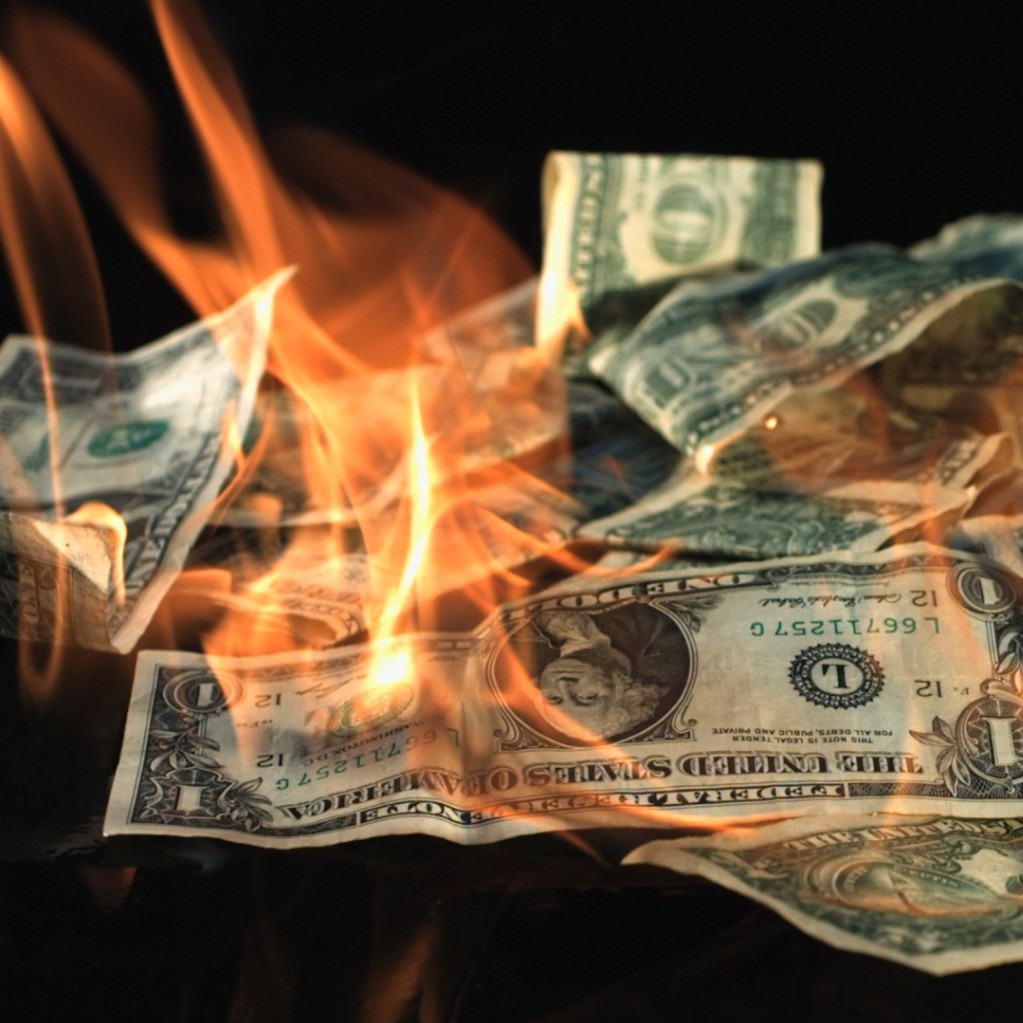Managing your small business cash
In business cash is king; it’s even more important than profits. Successful businesses carefully measure and manage the amount and the timing of cash coming in and going out. Many highly profitable businesses go bankrupt ever year because they didn’t pay attention to cash flow
Why is cash flow more important than profits?
Employees, suppliers, creditors, the government – pretty much anyone you owe money to – expect to be paid on time and in cash. Failure to pay on time leads to penalties, higher interest rates, canceled shipments and even lawsuits. The bottom line is that your business needs to have enough cash to pay its debts when they are due. Period.
Making a million-dollar profit on a deal that won’t pay until next year doesn’t help you cover next Friday’s payroll; you need cash now.
The Cash flow statement is used to record all transactions that generate cash for your business (“sources”) and those that consume cash (“uses”)
Cash flow is divided into three types:
Operating cash flow
o Sources: cash sales, accounts receivables payments
o Uses: accounts payable payments, inventory purchases, operating expenses
Investing cash flow
o Sources: Selling equipment or other fixed assets
o Uses: Buying equipment or other fixed assets
Financing cash flow
o Sources: Loan proceeds, cash from investors,
o Uses: Loan payments, dividends
Keeping track of your cash flow
The quick ratio is the best way to determine if you have enough cash on hand to cover your short-term expenses. To compares the value of cash and assets that can be converted to cash quickly to the value of your short-term liabilities:
Quick ratio = (cash and equivalents + marketable securities + accounts receivable) / current liabilities
A quick ratio of 2.0 means that your business has $2 in cash and liquid assets for every $1 in short-term liabilities. If your quick ratio is less than 1, then it’s time to take action and get more cash.
When managing your businesses cash flow, ask yourself these questions:
- Do I have enough cash on hand to cover expenses for the next 90days?
- If my largest customer refuses to pay, do I have an alternative cash source to cover my monthly expenses?
- Am I making sure my customers pay me on time?
